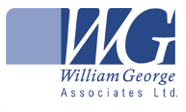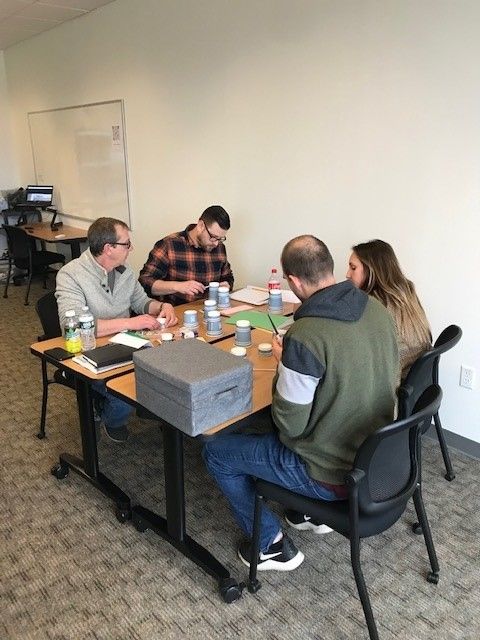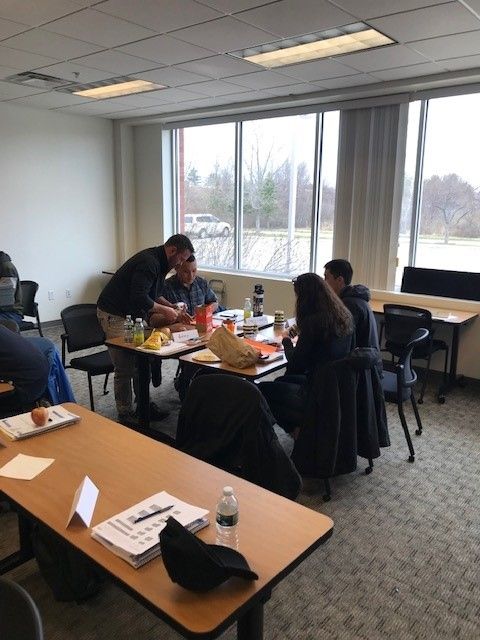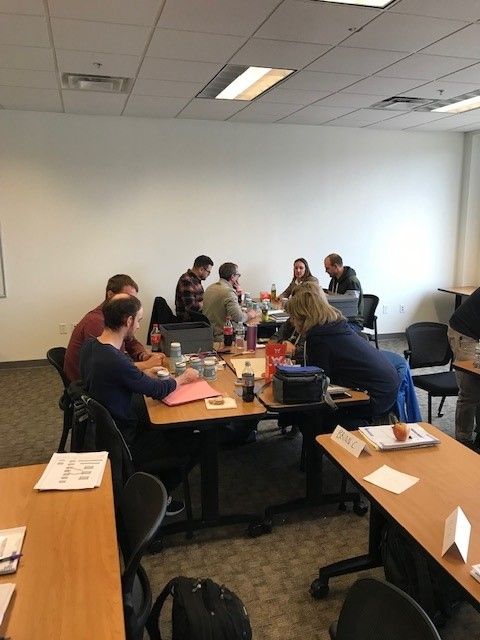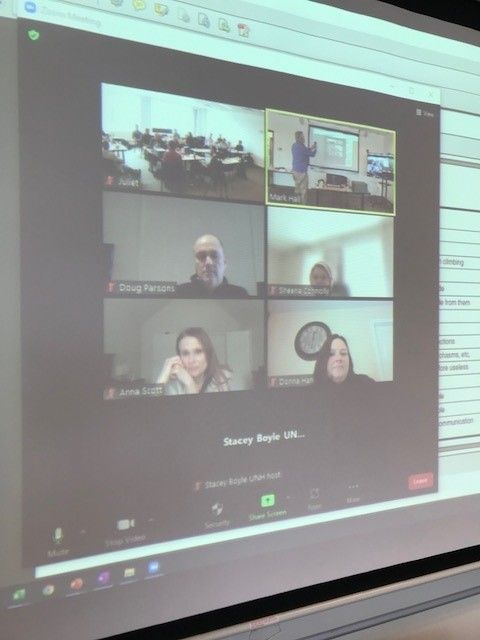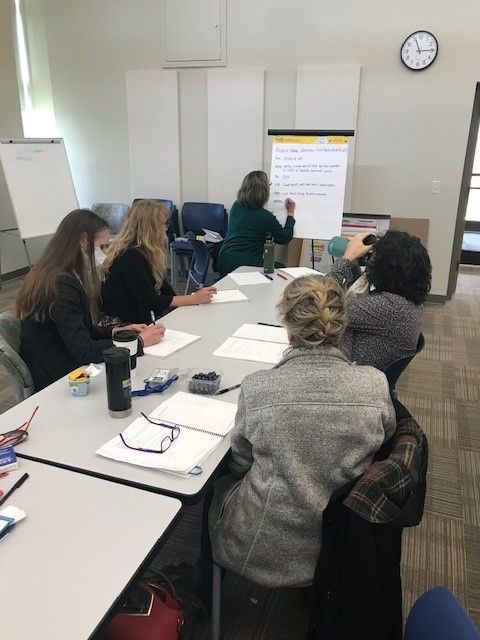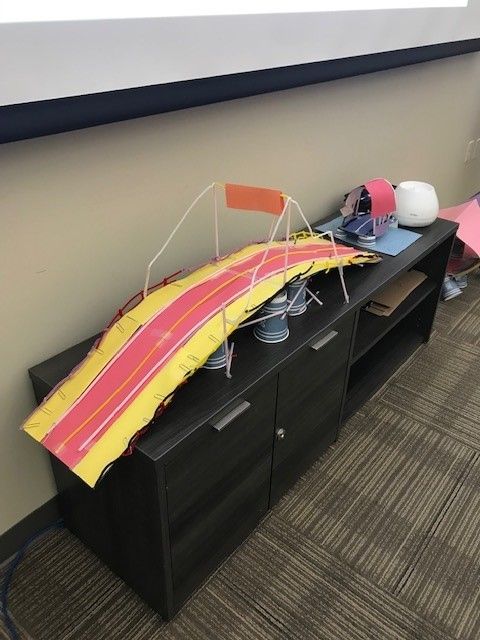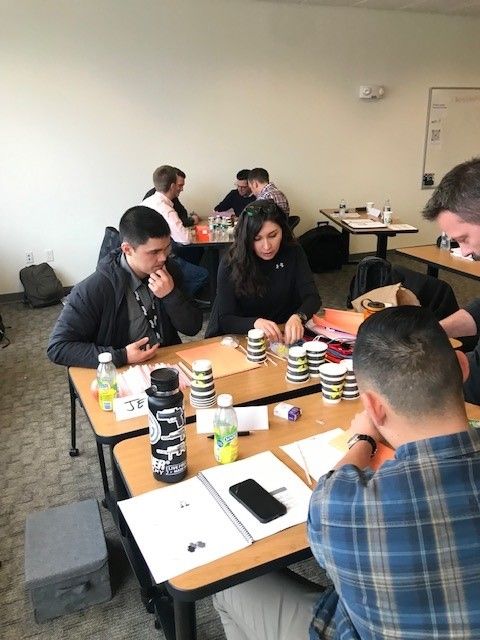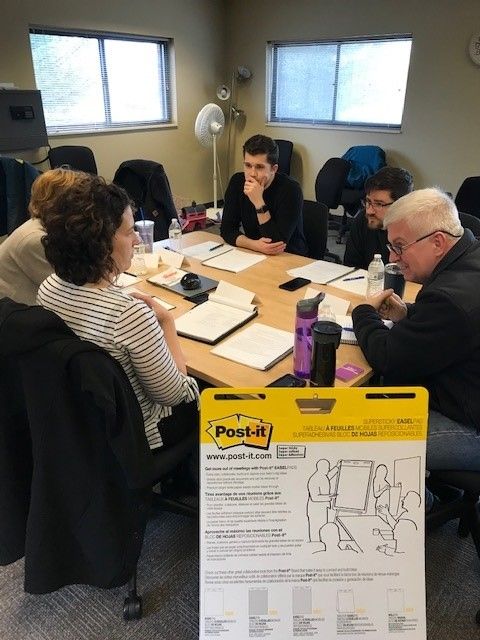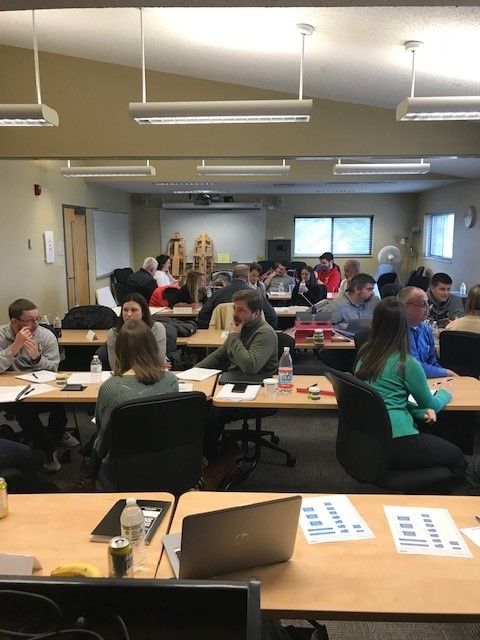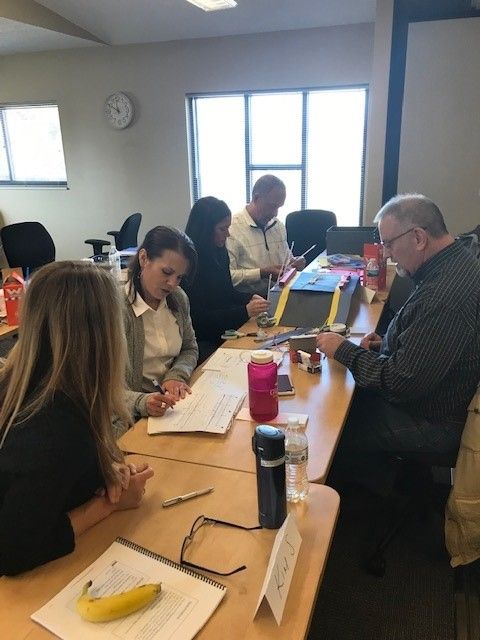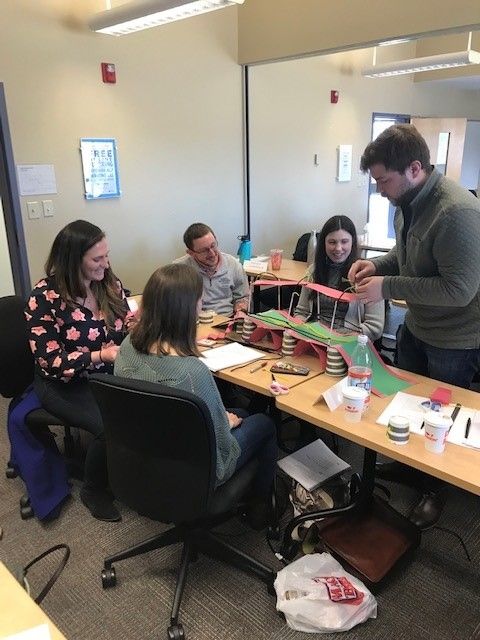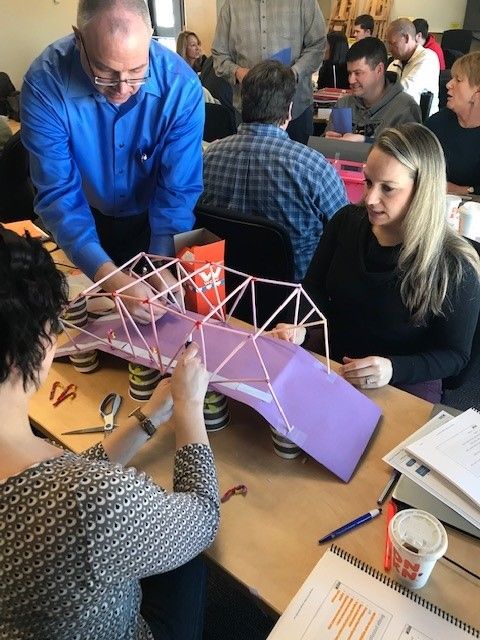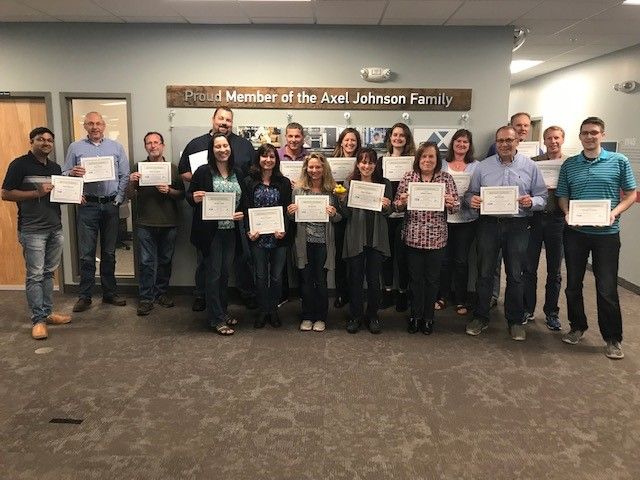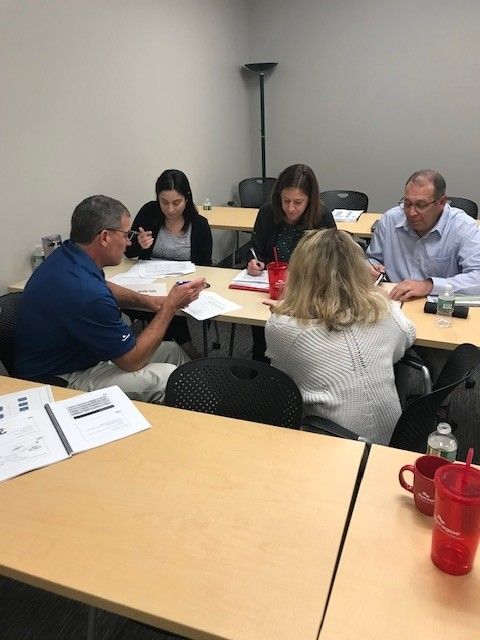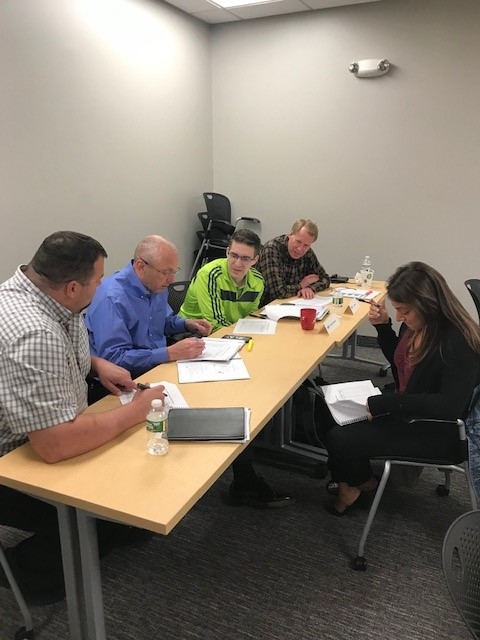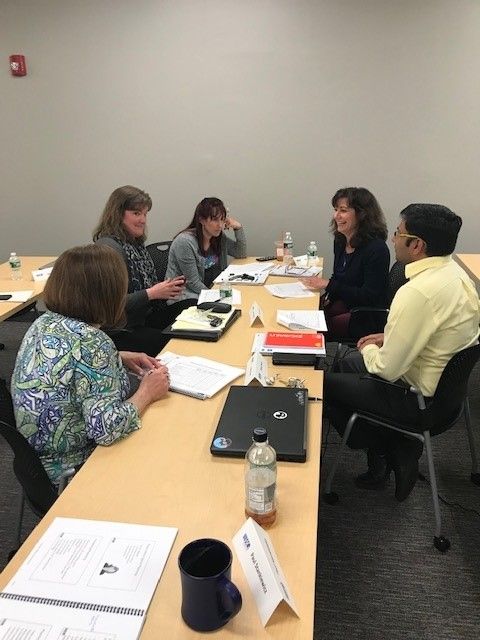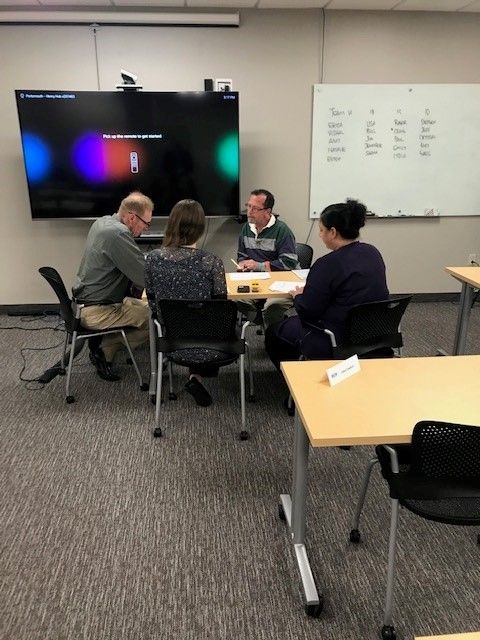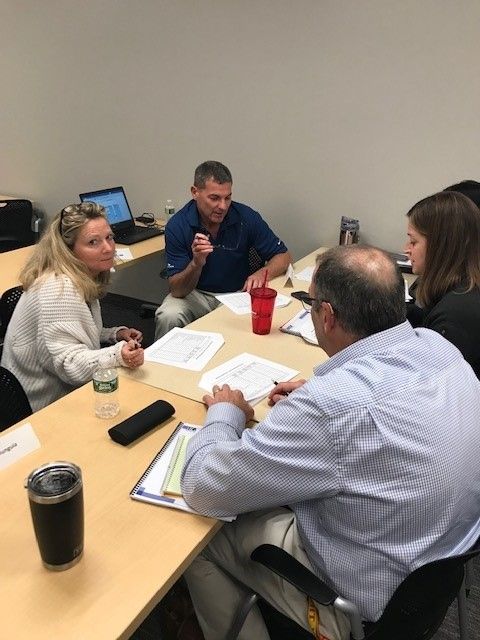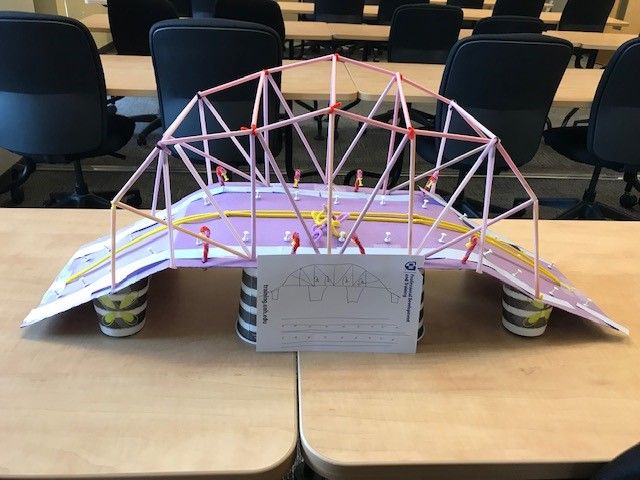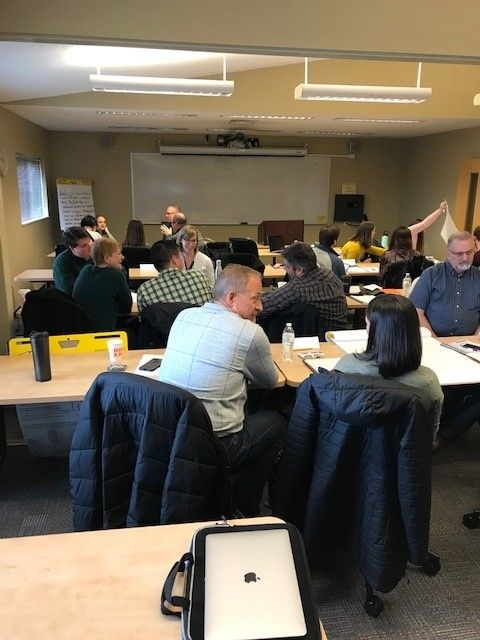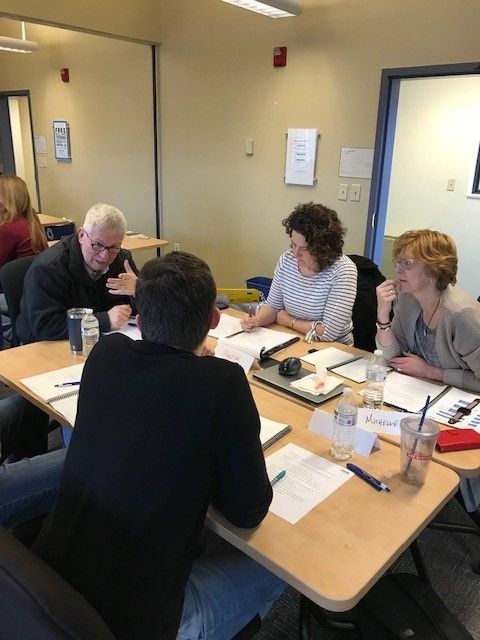Agile/Scrum Overview
All organizations are trying to become (more) Agile these days. Agile/Scrum is a methodology and movement once associated with software development which has now gone mainstream. It allows teams to develop functionality in short cycles (Sprints) while improving the quality of products.
Achieving ‘Agility’ means an organization understands WHAT customers want and WHY they want it. The main obstacles to becoming Agile are long-standing Waterfall habits (develop a ‘comprehensive’ list of requirements, get the customer to sign off, develop a giant plan, and execute the plan in lengthy phases). The Achilles heel of waterfall is that it does not welcome changing customer requirements as the product comes to life.
Waterfall systems engineering tends to translate requirements directly into specifications without requisite context, or understanding the WHY. This scenario causes project technical teams to rely on personal judgment and guesswork in development. Agile/Scrum removes the guesswork and gets your organization closer to your market/customers than ever before through several game-changing techniques and processes.
Step 1- Get 25-50 people certified
How does an Agile Organization behave?
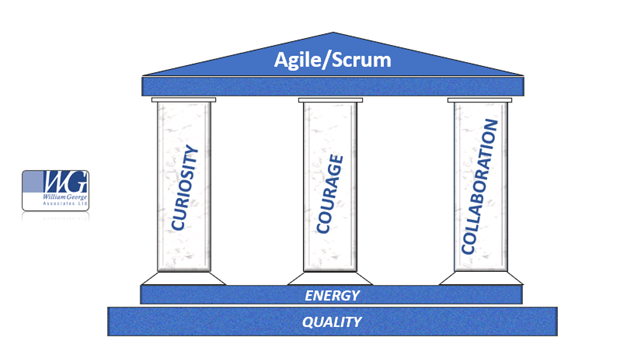
The graphic shown above shows the foundational elements and pillars of the Agile mindset and behavior:
- Foundation
- Quality- There must be a clear Quality policy for any organization wanting to be closer to its customers, which is the main goal of Agility. Mission critical business processes for product development, product support, and continuous process improvement via lessons learned, must be documented and proliferated to all functional groups and employees;
- Energy- A positive and energetic approach to solving the challenges of meeting customer requirements is essential in leading and imparting purpose and a sense of accomplishment to project teams;
- Pillars
- Curiosity- project teams must be curious about WHAT product functionality the customers wants and WHY they want it; Understanding the WHAT and the WHY engages the project teams by providing context and meaning to their work;
- Courage- an engaged project team is able to make decisions with clarity and courage because they understand context;
- Collaboration- the best decisions in product development are made by engaged teams that discuss, persuade, and challenge conventional assumptions. It is especially important to ensure that the quiet members of the team share their analyses in making decisions.
What are the features and behaviors of an Agile Organization?
- All Employees know the strategy and mission of the company;
- There is strong customer focus displayed by all employees;
- Project teams know how their projects support the organizational strategy;
- Discussion, collaboration, and even disagreements are accomplished with respect and resolved agreeably;
- Lessons Learned are approached with positive energy regarding what can be improved, rather than focus on what failed;
- Taking calculated risks is encouraged by management;
- All meetings have stated objectives and agendas, and are properly facilitated;
- All meetings start with a question: “What decisions are we going to make in this meeting?”
- There is an organizational bias for action and decision-making;
- Positive energy and interactions are on display at all times;
- Project Stakeholders are respected and project communication show that respect;
- Difficult challenges are not feared, but seen as opportunities;
- If anyone encounters a broken process, they have an obligation to fix it or make a recommendation that will fix it.
Agile/Scrum Training
WGA has been a certifying body in Agile/Scrum since 2013. WGA’s 2-day certification class is among the fastest growing and most exciting and valuable Agile certification courses in the country. We are proud to say that THE most innovative company in the world has certified more than 150 employees with WGA, and plans to certify another 150.
Unlike other Scrum training providers, WGA has structured this course to allow entire product/project teams to be trained and certified together. The roles include but are not limited to Management, Project Managers, Scrum Masters, Technical Program Managers, Product Owners/Managers, Marketing personnel, Engineers, Developers, and Operations personnel. Because Agile/Scrum requires high collaboration among the various roles operating as a team of equals, it just makes plain good sense to train everyone together.
As practitioners and instructors, WGA has added significantly to the profession and its Body of Knowledge for the benefit of our clients and students. The graphic below shows just such an example.

WGA Agile/Scrum Foundations and Pillars
The certification course features a hands-on class project- a new app idea- on which attendees work together in teams. This allows them to exercise the steps in the Agile/Scrum process including Vision Statement development; Requirements documentation; Feature identification, selecting MVP, User Story creation, Fibonacci sizing, Sprint planning (tasking, estimating, sequencing), and Sprint execution simulation. Each team presents its app idea to the entire class after which the certification exam is administered.
25 energized people leave this class with new credentials, a deep understanding of the intentions and possibilities of Agile/Scrum, a set of templates, and eager to apply class learnings to their projects at work.
- WGA holds monthly scheduled classes online and in-person and you can book seats for your employees HERE
- WGA also presents on-site or remote certification classes for one organization at a time (up to 25 participants) on a schedule that works for you.
What students are saying about the Agile/Scrum certification class:
“I thought it was a great balance of lecture and hands-on. Being able to do the project with the other team members was very beneficial. It really tied everything together. It was very well structured for those of us who were remote. I don’t feel like I missed out because I wasn’t there in person. I am so happy I did this training. It was a wonderful experience. It’s something I will apply in my everyday PM’ing.” -Utility company employee
“I attended this class in 2022 and brought 12 of my engineering direct reports with me. We were having difficulty figuring out what methods to use in our projects (Agile or Waterfall). We got great tips in the class on how we could apply the better practices of both. The class project was a great team-building exercise for us. The value that my team and I received from this class was Thank You! -Engineering Manager
“My company brought WGA in to teach a class of 25. We had a mixture of roles in attendance, so it became a great company team-building exercise It was the best 2 days of training we have ever attended- informative, fun, and full of energy. -thank you, Mark! -Energy company executive
“I enjoyed the real-life experiences that were talked about which confirmed there are options to succeed using Scrum.”- Insurance company employee
Agile Consulting
Agile Implementation
Agile Pilot
Once training/certification is complete, WGA works with clients to identify a cross-functional core team in developing processes to use during a pilot phase. The processes are crafted by client employees with oversight from WGA ensuring that processes enhance the culture rather than overwhelm it. A relatively small pilot project is selected, planned, and executed with WGA coaching and teaching new techniques for Agile Thinking and trains teams on the benefits of Agile Design Reviews™ during execution of the pilot.
Agile Rollout
After the pilot phase is completed, adjustments are made to the processes as needed, and the organizational rollout is planned and executed. Usually as projects finish, teams will use the new processes on their next project. As the rollout progresses WGA mentors, coaches, and guides teams as they become proficient.
Agile Maintenance
Once proficiency is achieved WGA reduces its footprint to maintenance mode popping in and out as Agile Coaches for 8 to 16 hours per month.
Staffing Services
WGA provides Agile Coaches, Scrum Masters, and Project/Program Managers on a staff augmentation basis as needed as required.
To engage a WGA Agile expert for consulting services please reach out by clicking HERE
Agile Coaching
Need an Agile Coach to solidify and socialize your Agile practices? WGA provides coaching. The agile coach can assess the current situation quickly, work with each product development team to observe and make recommendations, to encourage, and to recommend better practices based on our expertise. Agile coaches also develop Agile processes with decision-makers, and create progress reports weekly.
We have 4 options for Agile Coaching:
- 1 week
- 4 weeks
- 25 weeks
- 50 weeks
Agile for Systems Engineering/Robotics companies
Agile Thinking
As products are conceived in a systems engineering environment, Product Owners (PO), or anyone assuming that role (Technical Program Managers and engineering Managers for example), must engage in Agile Thinking. This technique analyzes current and future needs of the market for a given product. Agile Thinking requires the PO to document inputs from the market and validate assumptions through interaction with the organization’s most influential customers. PO immersion in this exploration will lead to analysis of the biggest technical hurdles to success and develop a mitigation plan.
Agile Product Design
Before Product Design begins, The PO shares customer requirements for the product with the technical team with full context ensuring full engagement. The engaged team is now capable of deciding how to satisfy requirements more insightfully than ever before. This closeness of the technical team to the customer is a powerful feature of Agile/Scrum leading to greater satisfaction and higher quality deliverable
Agile Design Reviews™
WGA has developed a technique to make design reviews more productive. In organizations using the waterfall methodology, or trying to infuse Agile principles using a Hybrid approach, the design review can be an effective touchpoint for hardware and software teams. The Agile Design Review™ is a process, an event, and an opportunity to maintain closeness to the customer even as they are not present.
Solving Technical Problems during Development
Developing new technology will always lead to technical challenges. How do your teams handle problems? Do they get stuck in analysis paralysis? If so, WGA has a solution for energetic and courageous problem solving borrowed from the Boeing 747 development program (you can find the WGA white paper here).
If you have any questions or need further information on any of WGA’s Agile training and consulting offerings, please click HERE.
Agile For Education™
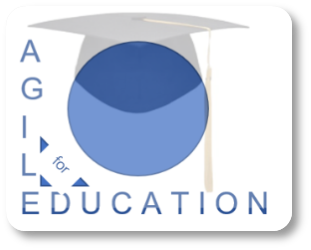
Whether your schools are public or private, school-age children need and deserve that Agile principles be applied to the mission-critical deliverables of the school experience. This starts with an integrated strategy to establish the objectives of the schools. The strategy then informs learning objectives, student performance standards, and other desired outcomes. Research by the professionals involved reveals that habits around K-12 education are stale and difficult to change.
Agility is a method of finding out what stakeholders want to achieve and provides the path to achieving what is possible, not just what has been done.
Agile for Education™ is an opportunity for all school stakeholders to engage in a Renaissance of purpose. The silos of thought and action (School Board/Committees, Parents, Municipalities, Educational Leaders, Educators, and Coaches) are torn down…figuratively, and replaced with a positive environment of engagement and alignment. Agile methods bring these stakeholder together for 2 days of instruction and class exercises yielding Agile certifications for all.
This is the start of the transformation of processes that yields action over inaction, courage to make decisions with energy rather than deferring and delaying, and provides that all stakeholders aware of how all the pieces of the puzzle fit together.
What’s in it for all stakeholders? The awareness of what is being done and why, provides meaning and context to the entire educational ecosystem. With an Agile approach, it is possible to provide the opportunity for every child to reach his/her potential in school in academics and extracurricular school activities.
Contact us if here you are interested in booking a class for your School System:
WGA bestows the following credentials upon completion of the class:
One of: PLUS:
- Agile Certified School Administrator™ Agile/Scrum Master™
- Agile Certified Educator™
- Agile Certified School Parent™
- Agile Certified Educational Leader™
- Agile Certified School Board Member™
- Agile Certified Athletic Coach™
